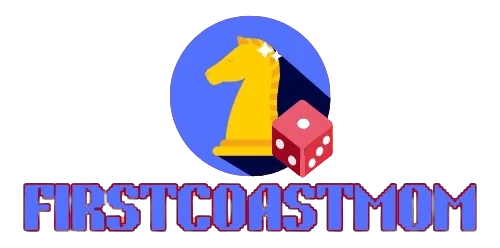Industri gim modern tidak dapat dilepaskan dari peran besar PlayStation sebagai salah satu pionir utama dalam menghadirkan pengalaman bermain yang revolusioner. Sejak generasi pertama dirilis, PlayStation games telah menjadi rumah bagi banyak judul yang kemudian disebut sebagai best games sepanjang masa. Game-game ini tidak hanya populer karena penjualannya, tetapi juga karena kemampuannya menghadirkan cerita mendalam, mekanisme permainan inovatif, dan kualitas visual yang terus berkembang. Bagi banyak pemain, PlayStation bukan sekadar konsol, melainkan bagian penting dari perjalanan hiburan digital mereka.
Ketika membicarakan best games di ekosistem PlayStation, faktor cerita sering menjadi penentu utama. Banyak PlayStation games dikenal memiliki narasi kuat yang mampu menyentuh emosi pemain. Judul-judul dengan karakter yang kompleks, konflik moral, serta alur cerita sinematik membuat pemain merasa seolah-olah sedang mantap slot menyaksikan sebuah film interaktif. Inilah yang membedakan PlayStation dari banyak platform lain, karena pengalaman bermain terasa lebih personal dan mendalam.
Selain cerita, inovasi gameplay juga menjadi alasan mengapa banyak PlayStation games masuk dalam kategori best games. Pengembang kerap berani mengambil risiko dengan memperkenalkan mekanisme baru, mulai dari sistem pertarungan, eksplorasi dunia terbuka, hingga pemanfaatan fitur kontroler secara kreatif. Inovasi ini membuat pemain tidak hanya bermain, tetapi juga belajar dan beradaptasi, sehingga setiap sesi permainan terasa segar dan menantang.
Perkembangan teknologi juga berperan besar dalam menjadikan PlayStation sebagai rumah bagi best games. Dari grafis poligon sederhana hingga visual realistis dengan detail luar biasa, PlayStation games selalu berada di garis depan kemajuan teknologi gim. Peningkatan kualitas suara, animasi wajah, dan efek pencahayaan membuat dunia gim terasa semakin hidup. Hal ini mendorong pemain untuk tenggelam lebih dalam ke dalam dunia virtual yang ditawarkan.
Komunitas pemain turut memperkuat status PlayStation games sebagai best games. Diskusi daring, forum, dan media sosial menjadi tempat berbagi pengalaman, teori cerita, serta strategi bermain. Interaksi ini menciptakan ekosistem yang sehat dan berkelanjutan, di mana sebuah gim dapat terus dibicarakan bahkan bertahun-tahun setelah dirilis. Popularitas jangka panjang inilah yang sering menjadi indikator kualitas sejati sebuah gim.
PlayStation juga dikenal konsisten mendukung pengembang eksklusif yang berfokus pada kualitas. Banyak studio internal mampu menghasilkan PlayStation games yang tidak hanya laku secara komersial, tetapi juga diakui secara kritis. Penghargaan industri sering kali diberikan kepada judul-judul ini, memperkuat reputasi PlayStation sebagai platform best games yang patut diperhitungkan.
Pada akhirnya, best games di PlayStation tidak hanya tentang hiburan sesaat, tetapi tentang pengalaman yang membekas. Melalui kombinasi cerita kuat, inovasi gameplay, teknologi mutakhir, dan komunitas yang solid, PlayStation games terus menetapkan standar tinggi dalam industri gim global. Inilah alasan mengapa PlayStation tetap relevan dan dicintai oleh jutaan pemain dari berbagai generasi.
